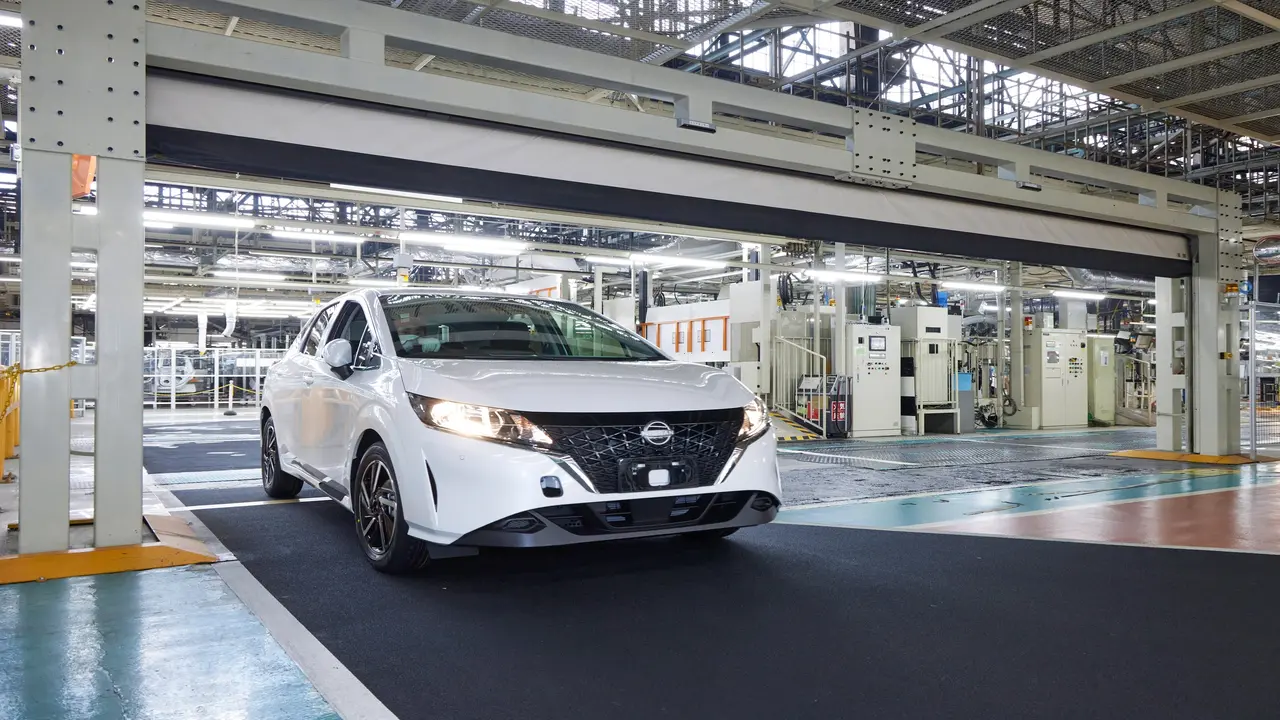Nissan has decided to cease production at its Oppama plant, one of Japan’s oldest automobile production facilities. The company announced that it will cease production at the plant at the end of fiscal 2027. This decision was made as part of Nissan’s comprehensive restructuring plan, Re:Nissan.
Nissan Decides to Close This Production Facility
Located near Yokohama and operating since 1961, the Oppama plant employs approximately 2,400 people. The facility, which has been the production hub for many of the company’s iconic models, including the Bluebird, Cube, Juke, and the first-generation Leaf, currently produces the Note and Note Aura. Upon completion of production, production of these models will be transferred to the Nissan Motor Kyushu plant, which began operations in 1976.

The decision regarding the plant’s closure became clear last week following discussions with Foxconn regarding electric vehicle production. Despite these discussions, the decision to reduce production capacity was made. The company stated that this move is the most appropriate solution in terms of production capacity, cost efficiency, and long-term investment plans.
The Oppama campus is not closing completely. Support units such as the Nissan Research Center, crash testing facility, and factory port will continue operating. The company is working on alternative use cases for the future utilization of the factory. It was also reported that negotiations with the union regarding the employee situation are ongoing.
Under the Re:Nissan plan, the company’s global production capacity, excluding China, will be reduced from 3.5 million to 2.5 million units. Accordingly, the number of production facilities worldwide will be reduced from 17 to 10. The company’s goal is to maximize the utilization of the remaining facilities.
Nissan CEO Ivan Espinosa stated that the decision was difficult but inevitable. The statement stated that this step was necessary to counter current economic pressures and ensure the company’s sustainable future.













